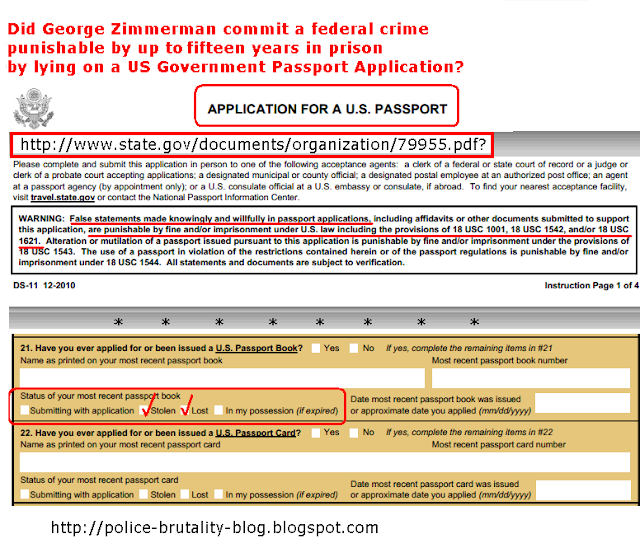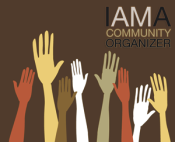By Eddie G. Griffin (BASG)
Thursday, June 07, 2012
The last time I cried, I remember the stream of tears that running down the sides of my cheeks, tears of joy, an unbelievable crown and glory moment in my life.
I lay on my back in the grass, looking up at the night skies, at the moon and its stars. Tower lights beamed down upon the prison grounds, as bright as sunlight, but it had been years since I had last seen the silhouettes of the night. Seven years buried in a sensory deprivation chamber, deep inside the bowels of the federal infamous super-max Control Unit, alas, I was awe smitten to see the moon and stars for the first time in as many years.
They had just released me from a cold strip cell, where I had been held incommunicado, with three other captives. Barring me contact with my lawyers, federal officials instead transferred me to a college-like campus prison at El Reno in Oklahoma. It was here, within these confines, I lay, gazing up at the stars, and crying my eyes out.
The warden had pulled me out of the dungeon, where I had been stripped to my briefs, placed in an isolated cell, and given running water for 15 minutes in the morning, and 15 minutes in the evening. The windows of the cell were cranked wide open to allow the winter's bitter chill to invade my solitary chamber.
The barren cold gave me no peace, night or day, and neither could I lie down to sleep on the hard steel bunk. So, I sat hunched over, glued to my bunk by the frost, day in and day out, for weeks, until I lost my sense of time.
There was no need for me to eat, because my bodily functions were shutting down. Food trays came in through door slot and went back out, untouched and uneaten.
At first, I protested my mistreatment and demanded my rights. I demanded a pencil and writing paper. But none came, and neither came any mail from the outside world. I was totally cut off, with no voice of grievance to be heard and no power to execute my constitutional rights. Then it dawned on me, I was put here to die. Therefore, all my protests were meaningless and void.
I realized the dire straits of my situation one day when the guard passed through with the food trays. I asked him, “Will you give a dying man’s a last request for a cigarette?”
He reached into his shirt pocket, took one out, handed to me. Then he broke down in tears. Strange it felt. Somebody cared about Eddie Griffin. But there was nothing he could do to mitigate my suffering. His helplessness empathy showed on his face and in his tears.
Out the open windows, I had screamed repeatedly for help, hoping against the northern winds, that my voice could be heard by other inmates in the adjacent building. A lump popped up in my throat like a tumor, and there was no more strength left within me. Passively, I accepted my fate. I was slowly freezing to death and gradually declining.
Then one day, out of nowhere, the warden summoned me to be brought to his office. He had an announcement. “Griffin, we are kicking you out of here. We do not want to see or hear from you again,” he said.
In hindsight, being "kicked out" of a super-max dungeon, where politically conscious prisoners were kept in isolation, seemed rather bizarre. But all I could think, at the time, was: “Thank you, Jesus.” At that point, I could have kissed the warden’s feet. So, I made him the promise. If released, he would never hear from me again.
Up to that point, Eddie Griffin was the most interviewed prisoner in the system during the 1970s, as one journalist observed. I had been designated the sacrificial lamb as the prisoners’ voice on human rights issues, by all the inmates and prisoner support groups, because of my published writings. And almost every day, I found myself speaking to reporters from different newspapers, magazines, and television stations around the country about the status and conditions of prisoners confined in a facility the government would rather kept secret because of its experimental mind control programs.
Therefore, my release from the refrigerated morgue cell was conditional upon my consent to keep silent. I willfully agreed rather than be sent back. But as fate would have it, the old warden would indeed see and hear from me again, many years down the road, in courtroom testimony, in a lawsuit from lawyers who were denied access into the prison to interview other inmates. (Abel case)
Nevertheless, being released from the notorious Control Unit was a blessing within itself; otherwise my only hope was to be shipped back to my hometown in Texas in a body bag. And, staring up into the heavens on a starry night over El Reno, Oklahoma was as close to paradise as I could imagine.
I recalled a cold gray day in the dungeon, as I sat in a frozen stupor, peering out into empty space, a vision unfolded. I kept blinking to keep my eyes from glazing over with a crust of frost. But then I saw clearly, as it was, a screen like television monitor, with an image of a ship frozen at sea, against the backdrop of a deep blue sky. The image haunted me like a sign of impending death, like something a man would see just before crossing over into the unknown abyss.
The irony of it all was that by nightfall, I opened my eyes again and saw a quarter moon smiling down upon me and stars dancing across the Oklahoma skies. My soul was refreshed, my eyes flooded with tears of joy. I had survived another crown and glory moment in my life. But my eyes would never go back to normal.
eddiegriffin_basg@yahoo.com







